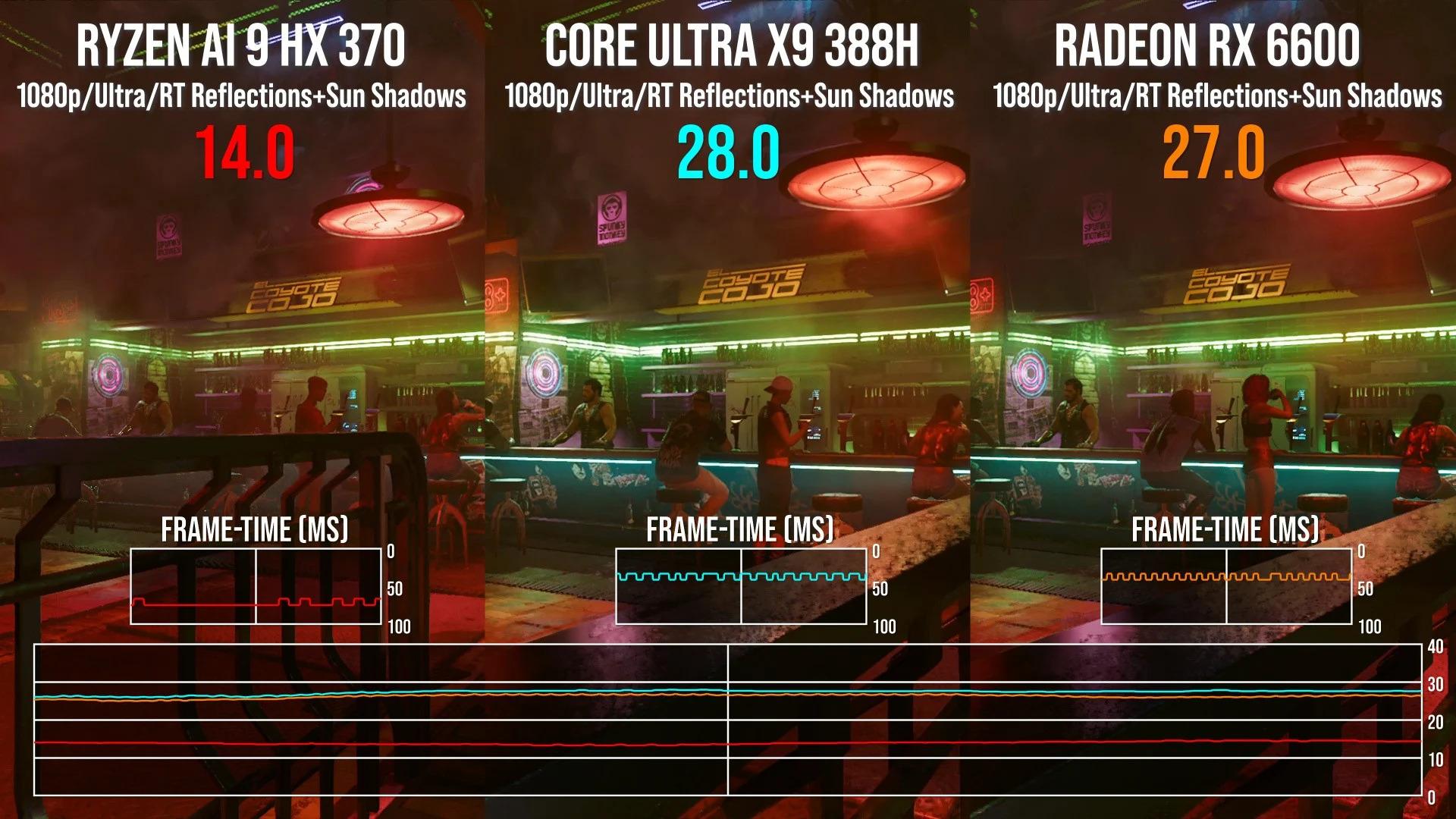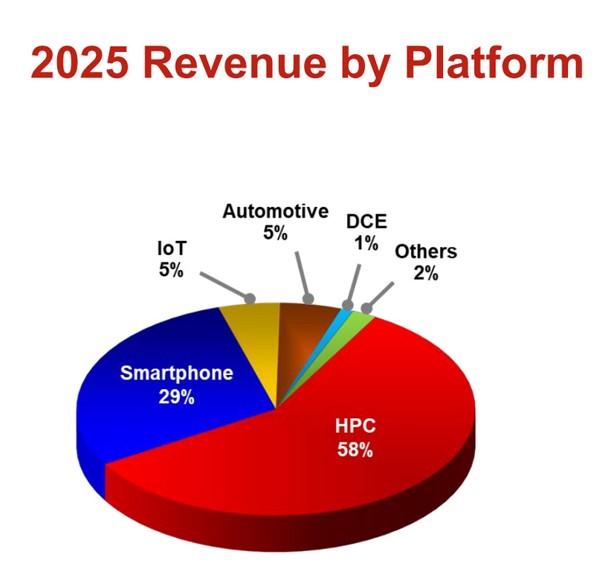DeregulAItion

Les échos des revendications des organisations professionnelles et du lobbying des Big Tech, notamment des sociétés américaines, se retrouvent derrière de nombreuses propositions controversées du Digital Omnibus.
Les lobbies des « oligarques de la tech » ont largement influencé la proposition de Digital Omnibus de la Commission européenne. Tel est du moins la conclusion de Corporate Europe et LobbyControl, deux organisations spécialisées dans l’analyse des jeux d’influence et des pratiques des lobbies au niveau européen.
Le Digital Omnibus a été proposé dans le cadre du projet plus large de la Commission de « simplifier » les régulations qui pèsent sur les entreprises. En comparant les propositions du Digital Omnibus et celle des associations d’intérêts portées par les géants numériques (avant tout américains), les auteurs du rapport constatent de grandes proximités dans les manières d’aborder le Règlement général sur la protection des données (RGPD), la directive ePrivacy ou encore la régulation de l’intelligence artificielle.
Une analyse qui vient renforcer l’idée selon laquelle le pouvoir réglementaire de l’Union européenne est en nette perte de vitesse, remplacée par le programme de déréglementation que porte Donald Trump dans et hors de son pays.
Redéfinir les données personnelles et limiter l’accès à ses propres données
Plusieurs points des adaptations proposées des diverses réglementations européennes existantes traduisent la proximité de la position de la Commission avec celle des géants de la tech, en particulier les américains.
L’un des axes principaux, que soulignait la représentante de European Digital Rights (EDRi) Itxaso Dominguez auprès de Next en novembre, consisterait à limiter la définition de ce qu’est une donnée personnelle en fonction de la capacité d’une entreprise X à l’utiliser pour identifier à nouveau la personne. Si l’entreprise X n’en est pas capable, alors la donnée ne serait plus considérée comme personnelle.
Il reste 76% de l'article à découvrir.
Vous devez être abonné•e pour lire la suite de cet article.
Déjà abonné•e ? Générez une clé RSS dans votre profil.
 Dans la journée, David vous informait que NVIDIA allait réorganiser sa gamme, en stoppant purement et simplement les RTX 5060 Ti 16 Go et RTX 5070 Ti, ou en tout cas en les freinant massivement. Le sort de la RTX 5070 ne semblait pas encore fixé mais à l'étude. D'un autre côté, AMD a bien une gamme...
Dans la journée, David vous informait que NVIDIA allait réorganiser sa gamme, en stoppant purement et simplement les RTX 5060 Ti 16 Go et RTX 5070 Ti, ou en tout cas en les freinant massivement. Le sort de la RTX 5070 ne semblait pas encore fixé mais à l'étude. D'un autre côté, AMD a bien une gamme...

 Devant les Panther Lake lâchés par Intel au CES 2026, l’iGPU Arc B390 des plus beaux spécimens est sans doute ce qui a titillé le plus notre curiosité. Au salon, des confrères ont pu le mettre à l’épreuve de quelques jeux...
Devant les Panther Lake lâchés par Intel au CES 2026, l’iGPU Arc B390 des plus beaux spécimens est sans doute ce qui a titillé le plus notre curiosité. Au salon, des confrères ont pu le mettre à l’épreuve de quelques jeux... 
 Intel a officiellement dévoilé la liste de ses processeurs grand public Panther Lake le 6 janvier 2026 en ouverture du CES. Parmi eux, trois sont doté du plus puissant GPU intégré de la gamme : l'Arc B390 constitué de 12 cœurs Xe3 et atteignant la fréquence de 2500 MHz. Il s'agit des Core Ultra X9 3...
Intel a officiellement dévoilé la liste de ses processeurs grand public Panther Lake le 6 janvier 2026 en ouverture du CES. Parmi eux, trois sont doté du plus puissant GPU intégré de la gamme : l'Arc B390 constitué de 12 cœurs Xe3 et atteignant la fréquence de 2500 MHz. Il s'agit des Core Ultra X9 3... TSMC, le fondeur leader et de loin, a présenté ses résultats financiers du quatrième trimestre 2025. Au-delà des montants, l’entreprise, apparemment pas juste spécialisée en wafers, expose d’autres galettes : des diagrammes à secteurs plutôt informatifs...
TSMC, le fondeur leader et de loin, a présenté ses résultats financiers du quatrième trimestre 2025. Au-delà des montants, l’entreprise, apparemment pas juste spécialisée en wafers, expose d’autres galettes : des diagrammes à secteurs plutôt informatifs... 

